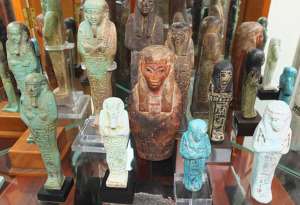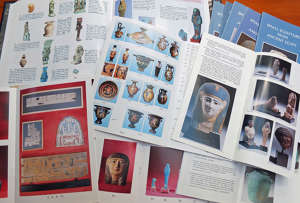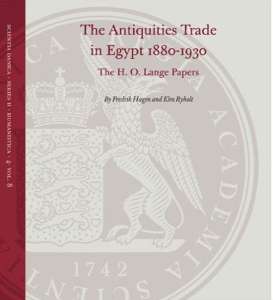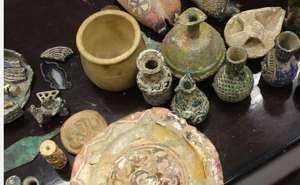Time running out for EU-based collectors
Friday 7th July 2023 at 15:02:00
In just over two years time enforcement is due for the European Union’s new import licensing regulation 2019/880 which affects cultural property, especially antiquities. An electronic licensing system, known as ICG (Import of Cultural Goods), to be used by EU Customs, is due to be implemented by 28 June 2025. When this is in place, anyone wishing to import cultural goods originating from outside the EU into the EU must follow new rules, specifically by applying for an import licence or by issuing an importer statement. The new regulations will not only cover antiquities, but also native and tribal art from the Americas, African and Asian art from China, Japan, India, Cambodia and Thailand, and also including Oceanic art from the Pacific, and Middle Eastern and North African artefacts. There will be no value threshold, so even the most humble artefacts must be subjected to this process. The import procedure will require submission of extensive documentation proving legal export from the country of origin and is likely to be a lengthy process, possibly extending several months.










